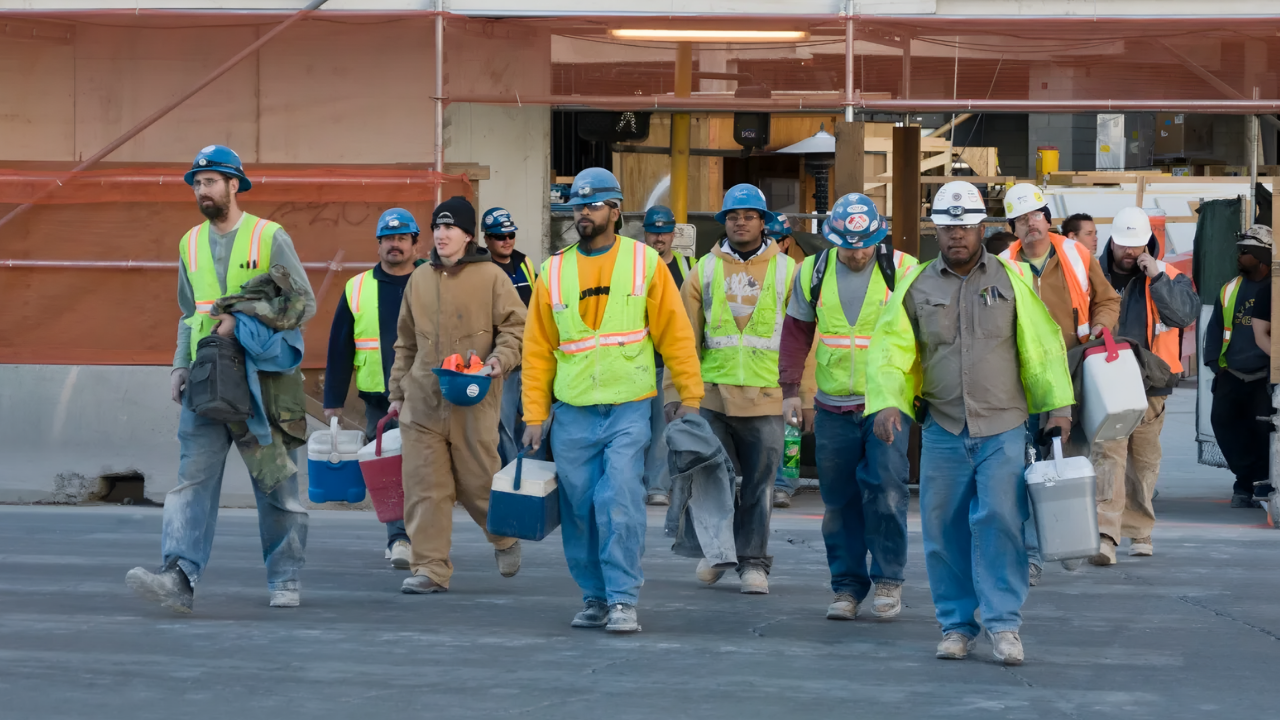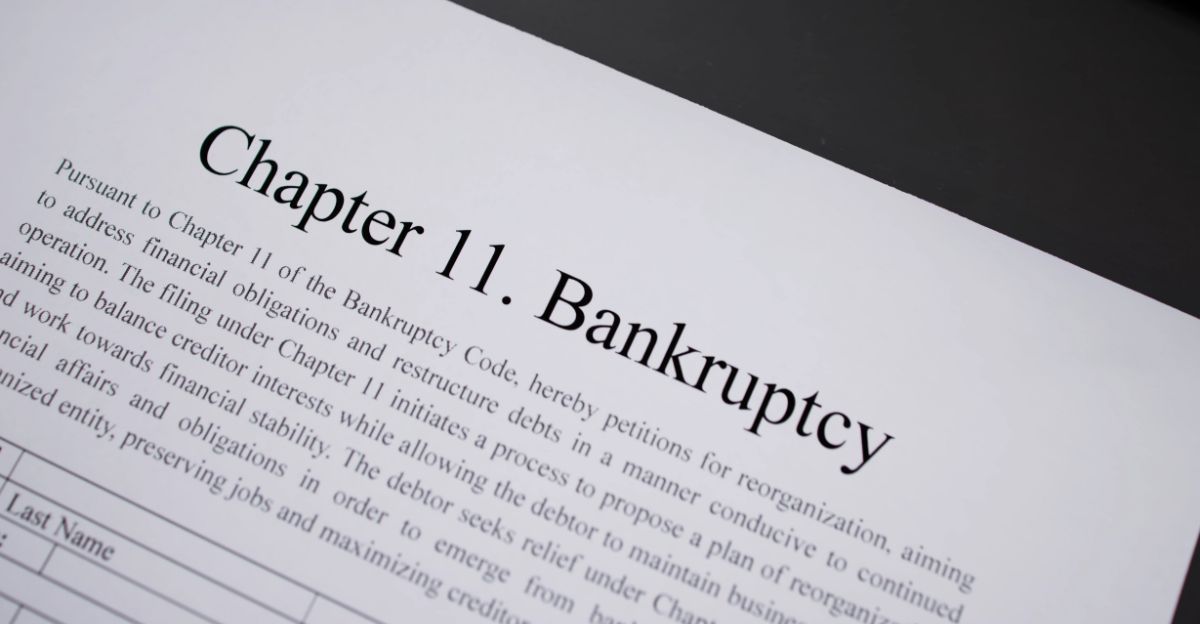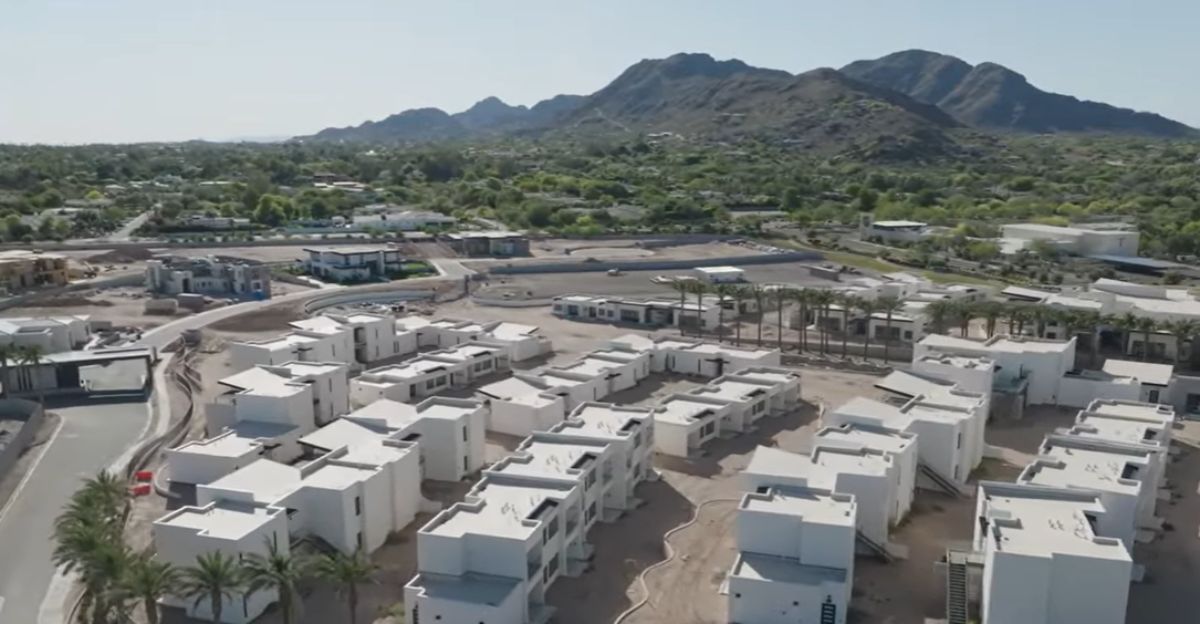
Cranes stand motionless above the unfinished Ritz-Carlton Paradise Valley, a $2 billion luxury development in Arizona that has come to a sudden halt. Construction crews have departed, equipment sits idle, and the future of the sprawling 122-acre site is now uncertain. Earlier today, developer Five Star Development filed for Chapter 11 bankruptcy, freezing a looming foreclosure and thrusting one of the state’s most ambitious projects into legal and financial limbo.
Bankruptcy Filing Sparks Legal Showdown

The bankruptcy filing by Five Star Development immediately paused a foreclosure effort led by Madison Realty Capital, the lender behind a $585 million construction loan. Five Star alleges that Madison is attempting to seize control of the project by manipulating loan terms and engineering a technical default. The dispute has escalated into lawsuits in both Arizona and Texas, with each side accusing the other of wrongdoing. Five Star’s assets and liabilities are both estimated between $500 million and $1 billion, underscoring the high financial stakes. As litigation unfolds, the fate of the development—and its many stakeholders—hangs in the balance.
Buyers and Workers Caught in the Crossfire

The sudden halt has left early buyers of Ritz-Carlton-branded villas in a precarious position. Many have placed deposits on homes priced from approximately $2.8 million to over $20 million, only to see construction stop and contracts thrown into uncertainty. These buyers, drawn by the prestige of the Ritz-Carlton name, now face the risk of delayed or renegotiated deals, with their investments potentially tied up for months or longer.
The impact extends beyond buyers. Hundreds of workers—including construction crews and hospitality staff—face job losses or income disruptions. Many had counted on long-term employment as the resort, retail district, and over 80 luxury villas neared completion. Now, families and local businesses are left waiting for court decisions that will determine if and when work can resume.
Retail and Hospitality Dreams on Hold
At the heart of the project is The Palmeraie, a 29-acre luxury retail and restaurant district envisioned as a regional destination. International brands and high-end retailers had planned significant openings, betting on Arizona’s growing reputation for luxury living. With construction paused, these companies face delayed build-outs and uncertain timelines, forcing them to reconsider expansion plans or renegotiate leases. Some may pivot to other markets or seek exit clauses to limit their exposure.
The Ritz-Carlton hotel, intended as the development’s centerpiece, also remains unfinished. Local hospitality businesses that anticipated a surge in tourism and revenue are now revising forecasts and hiring plans. Restaurants within The Palmeraie face indefinite delays, and the broader hospitality ecosystem must contend with stalled momentum and muted expectations.
Ripple Effects for Investors, Vendors, and the Community

The bankruptcy has sent shockwaves through the luxury real estate market. Investors and hospitality groups involved in the project are reassessing their strategies, raising questions about the reliability of major U.S. luxury megaprojects. The site, once pitched as a secure investment, now highlights the risks of complex financing and the volatility of high-end real estate.
Vendors and suppliers are also feeling the strain. Orders for materials, furnishings, and landscaping have been frozen or canceled, leaving smaller businesses with unpaid invoices and larger suppliers scrambling to adjust procurement plans. The ripple effect underscores how a single stalled project can disrupt regional supply chains and stress a wide network of connected businesses.
Locally, Paradise Valley officials are grappling with the fallout. The town has paused certificates of occupancy for completed villas due to missed deadlines, and leaders are seeking legal clarity while trying to protect residents and maintain the area’s luxury identity. Concerns include declining tax revenues, reduced tourism, and long-term disruption to the community’s reputation.
Looking Ahead: Uncertainty and Lessons for the Luxury Market

The legal battle between Five Star Development and Madison Realty Capital continues through the court system. Possible outcomes include refinancing, reorganization, foreclosure, or a sale to a new developer—each with different consequences for buyers, investors, and the region. Meanwhile, over $150 million in villa sales and significant hotel-related revenue remain in limbo.
The collapse of the Ritz-Carlton Paradise Valley project serves as a cautionary tale for the luxury real estate sector. It reveals that even marquee brands and billion-dollar valuations are not immune to financial pressures, lender disputes, or market shifts. For developers, investors, and buyers, the case highlights the importance of due diligence, transparency, and resilience in navigating the risks of large-scale luxury developments. As the legal process unfolds, the region—and the broader industry—will be watching closely to see what lessons emerge and whether the project can be revived.